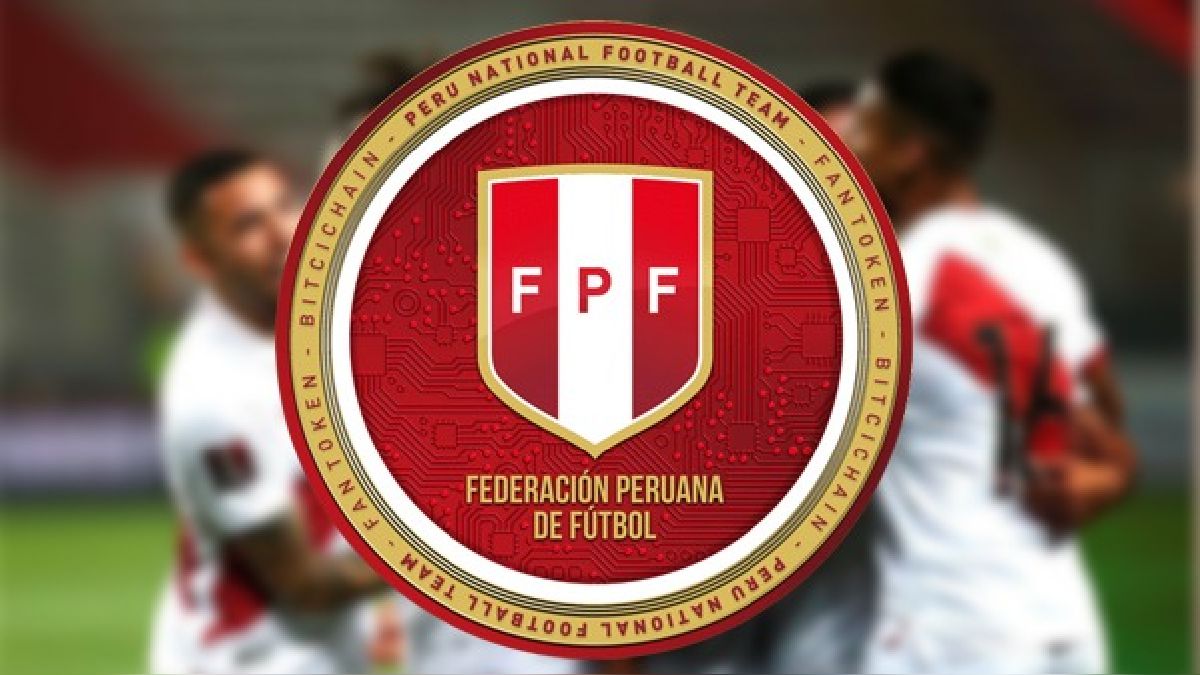
Crypto wallets are essential for managing and protecting digital assets. Three key components are central to these wallets: seed phrases, private keys, and public keys.
Each component serves a distinct role in safeguarding cryptocurrency. This article will clarify the differences between public keys, private keys, and seed phrases, providing a clear understanding of their functions and importance in asset management.
What is a Private Key
A private key is a lengthy alphanumeric string that grants access to assets stored in a cryptocurrency wallet. It is vital to the Bitcoin ecosystem since it allows for transaction signing and ownership verification.
Each private key pairs with a public key, generated simultaneously when creating a wallet. The private key acts as a hidden password or PIN, giving complete control over crypto assets.
Due to its significance, securing the private key is crucial. If compromised, it allows unauthorized access and transfer of assets. Private keys can be stored in formats like binary code, hexadecimal strings, QR codes, and mnemonic phrases.
Often condensed into seed phrases for easier management, private keys should be kept offline, such as on paper or in a hardware wallet, to protect against hacking and theft.
What is a Public Key?
A public key is a collection of alphanumeric characters used to receive cryptocurrency. It is obtained from the private key and is critical for ensuring safe blockchain transactions and execution.
While they are frequently referred to as a crypto wallet address, they are not the same thing; the wallet address is a reduced version generated by hashing for convenience.
Public keys are intended to be shared openly because they just receive cash and do not access or control assets. They are used to encrypt transactions, which can only be decoded using the corresponding private key, guaranteeing that only the owner has access to the funds.
These keys facilitate secure, transparent blockchain transactions while also verifying and maintaining the network’s integrity. They can be freely distributed but do not grant access to assets; only the private key can do so.
What is a Seed Phrase?
A seed phrase, or Secret Recovery Phrase (SRP), is a series of 12, 18, or 24 words generated when creating a crypto wallet.
It serves as a backup and recovery tool, simplifying access compared to a complex private key. If access is lost due to device or app issues, the seed phrase can restore control over assets. Though designed for easy memorization, it must be securely stored.
Anyone who obtains it can access the wallet and its contents, so it’s crucial to keep the seed phrase in a safe place to avoid permanent loss of access.
Key Differences Between Private Keys, Public Keys, and Seed Phrases
There are several differences between private keys, public keys, and seed phrases, and each of them has its use, that is:
Private Keys:
- Crucial for accessing and managing crypto assets.
- Used to sign transactions and authenticate ownership.
- It must be kept confidential to prevent any unauthorized access.
Public Keys:
- This key is used to receive cryptocurrency.
- Derived from the private key.
- Can be shared openly to facilitate the reception of funds, but do not grant access to assets.
Seed Phrases:
- Seed phrases serve as a backup mechanism for the private key.
- Allow users to recover their wallets if lost or deleted.
- Composed of a sequence of words, making them more manageable and user-friendly compared to complex private keys.
Conclusion
Seed phrases, private keys, and public keys are crucial for the security and management of a crypto wallet. Understanding their distinct functions is essential for protecting digital assets and determining what information to keep private versus what can be shared.
With a non-custodial wallet, ownership of the private key means full responsibility for asset management. Therefore, securing the private key and keeping it confidential is vital for maintaining the security and integrity of cryptocurrency holdings.
Personal Note From MEXC Team
Check out our MEXC trading page and find out what we have to offer! There are also a ton of interesting articles to get you up to speed with the crypto world. Lastly, join our MEXC Creators project and share your opinion about everything crypto! Happy trading! Learn about interoperability now!
Join MEXC and Get up to $10,000 Bonus!
Sign Up


